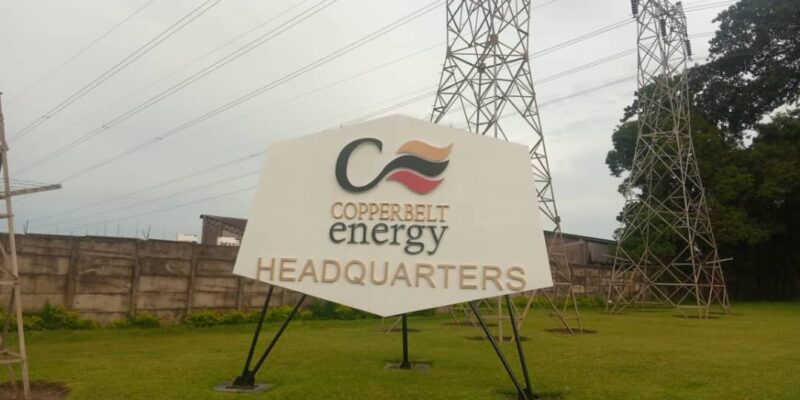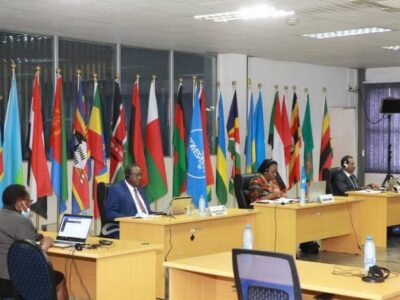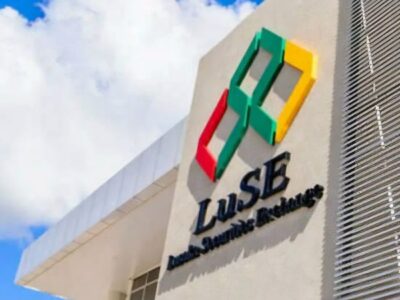Konkola Copper Mines Plc (KCM) has suffered a legal setback after the Court of Appeal dismissed its attempt to block Copperbelt Energy Corporation Plc (CEC) from executing and selling seized company assets to recover a $11.8 million debt.
In a ruling delivered by Court of Appeal Judge, Annessie Banda-Bobo, the court found KCM’s application for a stay of further execution and sale of its seized goods to be “incompetently before the court,” and therefore dismissed it.
“Having found thus, I deem the applicant’s application for a stay of further execution and sale of seized goods incompetent, and it is dismissed accordingly,” ruled Judge Banda-Bobo. “The ex-parte order granted to the applicant on 18th March, 2025 is discharged forthwith.”
Read more: Court of appeal halts Copperbelt Energy’s seizure of KCM assets over $29.6 million debt
The ruling is from a protracted legal battle between the two companies, with CEC seeking to enforce a US$11.8 million first instalment of a total US$29.6 million debt that KCM was ordered to pay following the High Court’s approval of a creditors’ scheme of arrangement on 28th June, 2024.
CEC, dissatisfied with being classified as a Class 2 creditor under that scheme, appealed to the Court of Appeal in July 2024.
Despite ongoing litigation, the High Court ordered KCM to pay the first instalment within ten days.
When payment was not forthcoming, CEC obtained a writ of fieri facias (fifa) on March 17, leading to the seizure of KCM’s assets by the Sheriff of Zambia on March 18, 2025.
KCM had then secured an ex-parte order from the Court of Appeal halting further execution and sale of the seized property, pending the hearing of the matter between both parties.
However, before that hearing could take place, CEC filed a fresh application seeking to discharge the stay.
The Court found that KCM had failed to first seek the stay in the lower court, the same court that had issued the execution order or to demonstrate any special circumstances that would justify bypassing it.
Citing Order 59 Rule 14(4) of the 1999 Rules of the Supreme Court (White Book), the judge emphasized that the Court of Appeal should only entertain such applications where it is “impossible or impracticable” to first apply to the lower court.
“No evidence has been presented to show that the applicant sought a stay in the High Court or that it was denied,” Judge Banda-Bobo noted.
“Nor has the applicant established special circumstances warranting direct recourse to this Court,” she added
The Court ruled that it had no jurisdiction to entertain KCM’s application.
The ex-parte stay has now been discharged, clearing the way for CEC to continue with the sale of the seized goods.
The Court also awarded costs to CEC, to be taxed in default of agreement.
WARNING! All rights reserved. This material, and other digital content on this website, may not be reproduced, published, broadcast, rewritten or redistributed in whole or in part without prior express permission from ZAMBIA MONITOR.












Comments